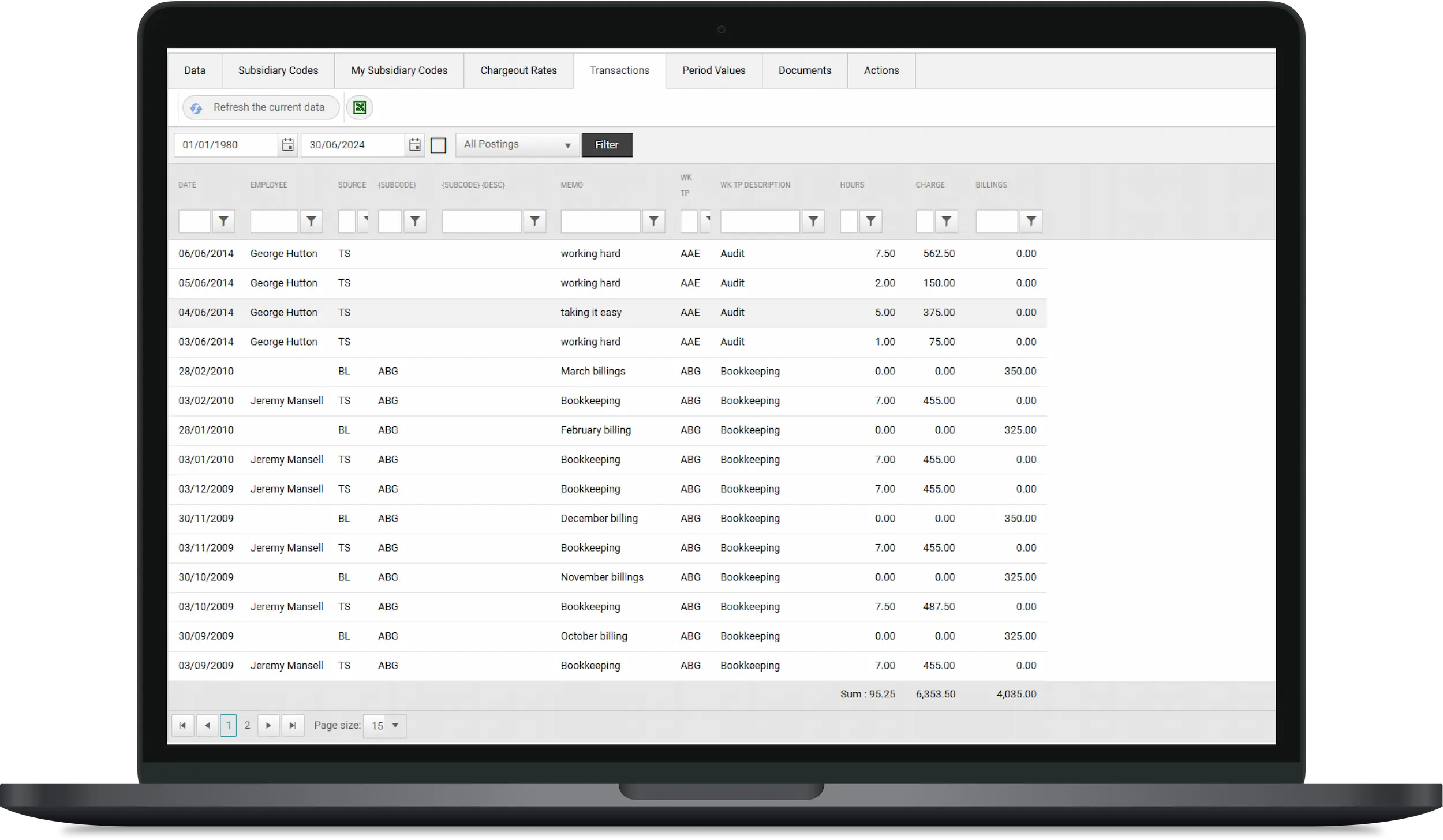Productivity killers. They are the annoyances, distractions and obstacles that kill off productivity during the working day. From self-confessed weaknesses connected to the vending machine and mobile phone pings, to management failings and badly-scheduled projects, there’s a bunch of inefficiencies stopping millions of people from getting their jobs done.
If you’re willing to take time out of your day – on your return from an extended tea break or pointless meeting, perhaps – to read the stats, this epidemic of time-wasting is getting worse. According to Salary.com, 89% of employees admitted to wasting time every single day, which was up on 69% during the previous year. Some 31% of respondents wasted roughly 30 minutes daily, while an incredible 2% said that figure was as high as five hours!
64% of employees visit non-work-related websites each day, a term known as ‘cyberloafing’. The Salary.com report also reported that employees waste time at work because they’re not challenged in their job, they work long hours, there’s no incentive for them to work harder, or they feel unsatisfied, bored or underpaid.
But our diminishing productivity isn’t just due to us using our working days as an extension of our leisure time. Some of us are trying to work but being restricted by restrictive company policies or bad management and infrastructure. Some of us also admit that we’re not good at planning our own time, and maybe take longer on tasks than is necessary. Time tracking software can address many of these issues but what are the most common productivity killers?
Productivity killers countdown
Time is of the essence for TallyPro, so we decided to take these output leeches head on by finding out what is keeping everyone from the task at hand. Here we run down a list of shame to find out the top 11 productivity killers:
11. Bad atmosphere
If people don’t want to be in the office you can guarantee they’ll struggle to meet productivity targets. Whether it’s aesthetics, office culture or poor pay, those frowns need to be turned upside down.
“The biggest productivity killer is staff – either lazy, unmotivated or disgruntled staff. Employees who don’t understand or value the work they are producing will find numerous ways to avoid completing the task at hand. This will impact on productivity across all levels of the organisation.”
– Jen, marketing assistant, health firm
10. Workplace distractions
Just as you don’t let the kids take toys to school, more and more workplaces are allowing gadgets and open spaces to cure boredom. It might have a positive overall effect, but not always!
“I’m surrounded by robots that can solve the Rubik’s cube and Virtual Reality machines. Yesterday I defended the Millennium Falcon from a stormtrooper attack whilst R2D2 delivered a secret message! Other types of distraction include extended tea breaks puzzling over the crossword or just checking in on Facebook or BBC Sport. The advent of iPlayer is a nightmare when either the snooker or Wimbledon are on. I daren’t admit how much time gets wasted.”
– Michael, buildings technician, university
9. Lack of autonomy
Ever waited an hour for someone less clued up than yourself to make a decision you would have ruled out in five minutes? Workers are getting sick of waiting around for managers to make calls that could be made more effectively further down the chain.
“The biggest productivity killer in our workplace is a lack of autonomy to make decisions at the right level. All decisions are escalated for fear of making the wrong call. This means senior managers are making decisions at times without all the facts. Productivity of the department and the senior management team suffers as a result. On average, this will waste about an hour a day.”
– John, product manager, aerospace company
8. Resources? What resources?
A good workman shouldn’t blame his tools, but if there are not sufficient workmen or tools then we have a problem. Making sure the right number of people are available and that they are sufficiently skilled and equipped means time can be used much more effectively.
“The biggest obstruction of productivity for our team is resourcing issues; whether that be too little resource, improperly trained resource or unevenly distributed resource. A lot of time is spent waiting on resource to be available, and when it is this is often delayed further by lack of subject knowledge. Correct resourcing would increase productivity. This can impact on tasks for days.”
– Sophie, office manager, engineering firm
7. The jack of all trades
So, you’re the boss because you’re a whizz with design, marketing or making baguettes. So why are you spending time doing the accounts and making deliveries? Yes, businesses need to watch the pennies, but it will take you 10 times longer to complete a spreadsheet than an expert. You should be concentrating on what you are best at.
“I want to show that I have a can-do attitude by trying my hand at everything. I generally work in traditional print design, but some of our clients are looking for HTML5 animations. I can put something together but it takes me so long that I think we’d have been better hiring someone that does this kind of thing all the time.”
– Jake, designer, publishing industry
6. Lack of leadership
We’ve all been there. Spend a day on a project only to be told that there’s been a change of plan, and the job needs starting all over again. Those who need to make decisions need to be sure they make good decisions from the off to avoid wasting their employees’ time.
“Strategic direction – if it is ambiguous – creates guess work and you do not get the cumulative benefit. Are people creating value added or routine?”
– Clare, managing director, resourcing
“For me sometimes too many people can be involved in a decision that can easily be reached by one or two people. If I have been assigned a piece of work I could be waiting for requirements from a number of people before I can even start it. I would prefer for someone to make that initial decision on what the minimum viable product will be then at least I can start working while everyone else discusses what will be required from the piece of work.”
– Aaron, business manager, travel company
What can you do to boost your productivity? Check out our post of the top 5 things you can do to optimise your workday.
5. Tech nightmares
You’re on deadline and the internet crashes or your computer has a major malfunction. Workers are completely reliant on technology these days, so if it doesn’t work they don’t either.
“Mobile IT is not fit for purpose, as a regional nurse being able to access casework is essential and the IT systems are not equipped to cope. Far too many needless processes in place meaning simple tasks take far too long, every process can also be broken with senior intervention. This can waste up to two or three hours per day.”
– Rachael, district nurse
4. Social media
It follows you everywhere: from taking selfies at rock concerts to a sneaky check on your Twitter feed in the office bathroom. Workers are well aware that they’re letting social media take over their working day.
“Anything which goes ping. We can be connected to multiple devices and associated apps at any one time and they all compete for attention. But there’s also an expectation of immediacy in our communications now which can make it hard to ‘plug-out’ and focus on the task in hand.”
– Rebecca, marketing director
“My worst productivity killer by far is my iPhone. If they banned any kind of smartphone at work I’d be so much more productive! Everything from Facebook to Twitter (which I only ever go on at work), checking the latest news on an app, looking through photos taken at the weekend, Internet shopping, & calling the husband (who is actually really busy at work!) I even ‘save’ jobs to be done on the Internet for when I’m at work! I’m a lone worker in a clinic so can pretty much get away with being permanently attached to my phone!”
– Lynda, healthcare manager
3. Email overload
The average worker sends or receives around 33,000 emails each year according to research by Radicati. On top of that, who can guess how many messages were written in anger, scrapped and then rewritten before finally being sent. Staying on top of the barrage of emails can prove a major problem for many workers.
“I lack all discipline when it comes to emails, so I end up with three or four live tasks at any point in the day and then picking up other bits as they come in. I’m sure I’d be more productive ‘going dark’ for two hours a day, but I struggle to switch them off!”
– Tania, senior manager, recruitment firm
2. Communication problems
You can’t blame the computer, your phone, or the weather. Sometimes communication channels simply don’t work – you didn’t listen, the wrong people were involved, there’s no plan in place for passing on information. If people are struggling to understand what they are meant to be doing, jobs can be missed out or overlooked, and the upshot is arguments, bad feeling, wasted time and a poor service.
“There have been many times where a lack of communication can hinder progress, whether that is from stakeholders when reviewing requirements or from management when passing down tasks or information that is required to complete work and move forward. Incorrect or miscommunication is also another part of the above that can lead to many disruptions to productivity.”
– Craig, director, telecoms company
“Shifting goalposts due to a lack of communication. For example, developing and building a report based on requirements from one person, only to have another person then ask for the report to be stopped or changed because they feel it has no worth. This results in wasted development time, demoralisation at spending time creating something only for someone else to overrule it, usually without talking to you first about its value and making the decision based on incorrect/assumed information.”
– Debbie, engagement officer, charity sector
1. Unnecessary meetings
It’s as simple as this. Some people like meetings. Some people like to call them. They like to send out invitations. They like to make sure everyone knows what they think and they like their wisdom to be recorded for posterity in the minutes. Meetings can be good and they can be useful, but only if correctly structured and on the understanding that conclusions that will be reached and acted upon. Those people who fail on this acid test are the enemies of efficiency and officially our No.1 productivity killer.
“Meetings are productivity killers. Or should I say, unnecessary meetings.”
– Jacky, HR generalist, self-employed
“They are time thieves. Especially meetings without an agenda and target outcome.”
– Kate, commercial director, recruitment firm
“I really think that some people call emails just to show who’s boss. They love walking in to a meeting room, and try to make themselves look important to those who haven’t made the invitation list. They then use the meeting as an opportunity to give their opinions, but rarely remain focused on the discussion at hand and coming up with solutions. Sometimes it’s effective to get people together to make decisions collectively, but often they are a waste of time at our place.”
– Parveen, sales, tech company

